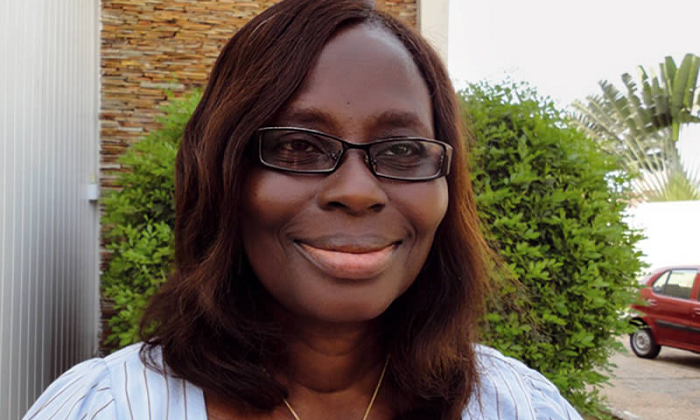
Manifestation of gender inequality: No woman elected onto UN Committee
The issue of gender inequality came up at the just-ended ninth session of States Parties to the Convention on the Rights of Persons with Disabilities (CRPD) in New York when no female candidate was elected onto the Committee on the Rights of Persons with Disabilities.
Advertisement
Out of 16 people from different countries who were vying for the nine slots due to expire in December, four were women, including Ghana’s nominee, Mrs Gertrude Oforiwa Fefoame, the Global Advocacy Advisor for Sightsavers, a non-governmental organisation.
The Committee on the Rights of Persons with Disabilities comprises 18 independent experts whose duty is to monitor the implementation of the convention by the state’s parties.
Ghana’s first and only nominee to the committee, Ms Fefoame, could not meet the 81 mark needed to win the election.
With no woman elected, the new committee, when it takes office in December 2016, will consist of one woman (whose mandate will not expire in December) and 17 men, who will give advice on issues related to the implementation of the UN Convention on the Rights of Persons with Disabilities (CRPD).
The conference was attended by over 700 delegates representing 160 countries, civil society and international organisations.
Composition of committee
By its current composition, six experts of the committee are women and 12 are men, with their geographical distribution as the following: three from Latin America and the Caribbean; three from Africa, another three from Eastern Europe, four from Asia-Pacific, and five from Western Europe and other states.
Of the nine experts whose mandates expire on December 31, 2016, five are women.
Although state parties in a communiqué were “strongly encouraged” to ensure that the election was gender-balanced, given the fact that the term of office of five out of six members of the committee who are women expires on December 31, 2016, they did not heed that call.
Profile
Mrs Fefoame, a Christian, born on September 23,1957, at Akropong-Akuapem in the Eastern Region, is a gender and disability activist. She is the Global Advocacy Advisor, and lead person on disability and social inclusion of Sightsavers; Vice Chair, Africa International Council For Education of People With Visual Impairment; a Member of the Board of Ghana Federation of Disability Organisations (GFD), and a Member of the Board of the National Council of Persons with Disability (NCPD), among other positions.
Nominated by the government through the Ministry of Gender, Children and Social Protection, Mrs Fefoame has extensive knowledge of disability and development issues and is a woman living with disability in a developing country.
In an interview after the election on June 14, 2016 at the UN Headquarters in New York, Mrs Fefoame expressed her appreciation to the government of Ghana, the Ghana Federation of Disability Organisations (GFDO) and Sightsavers for the confidence reposed in her and allowing her to contest the global election.
She also expressed her appreciation to the countries which voted for her and said contesting the position was an exciting experience for her.
On her future plans, she said in consultation with relevant bodies, she would consider re-strategising for the next election next two years.
Women empowerment
Mrs Fefoame said there was the need for more work to be done in the area of women empowerment, adding: “Globally we should strengthen the awareness and recognition of the role of women, particularly when they measure favourably to the level of their male counterparts.”
Commenting on the pattern of the election, she was of the view that the time had come for the UN to change the pattern of voting for people onto the committee and bring in affirmative action, which she said would ensure gender balance in future elections.
Shifting her attention back home, Mrs Fefoame said there was the need for an inclusive planning and budgeting for persons with disabilities, especially women, since they were mostly disadvantaged when they faced the double burden of being women with disabilities.
Some states, including Ghana, after the election, called for ways at ensuring that such a blunder did not happen again in any UN establishment.
Ghana’s Chief Director of the Ministry of Gender, Children and Social Protection, Mr Kwasi Amo-Himbson, in his comments before presenting a statement from Ghana, said the outcome of the election was a blow to women’s agitation for equal representation on bodies.




